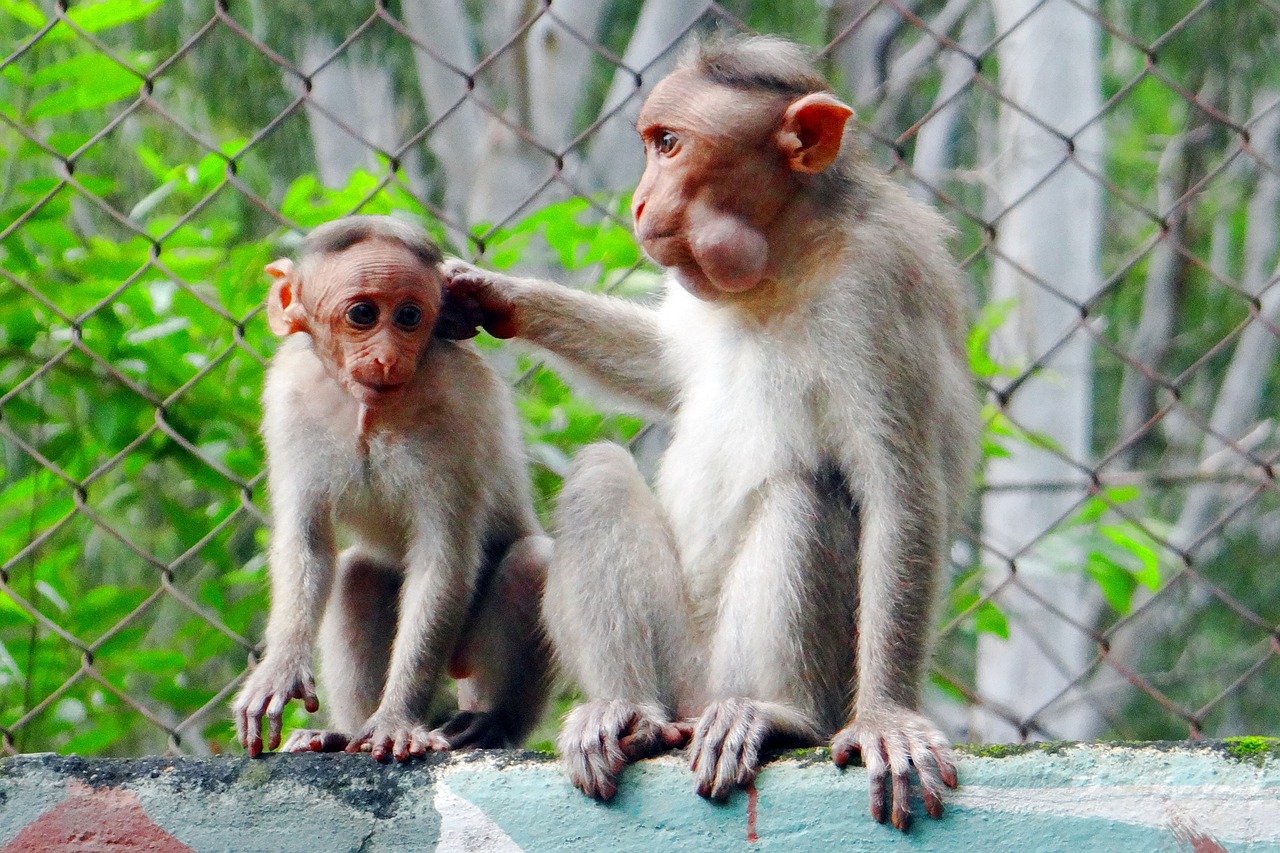Social Media Influencers in Election Campaigns: Power and Pitfalls
In recent years, the role of social media influencers in political campaigns has seen a significant surge. These influencers, with their large online followings and ability to engage with diverse audiences, have become valuable assets for politicians seeking to connect with voters in a more personal and effective way. By leveraging the trust and influence they have built with their followers, these social media personalities are able to help candidates reach a wider audience and shape public opinion on various political issues.
The impact of social media influencers in political campaigns cannot be underestimated. Their ability to humanize candidates, promote specific policies, and mobilize support has reshaped the way campaigns are run. Unlike traditional forms of advertising, social media influencers have the unique ability to create authentic and relatable content that resonates with their followers, making them powerful advocates for political candidates looking to appeal to a younger and more digitally savvy demographic.
The Impact of Influencer Marketing on Voter Behavior
In today’s digital age, social media influencers have increasingly become pivotal players in shaping public opinion and influencing voter behavior. These online personalities hold significant sway over their followers, with their endorsements and opinions often carrying considerable weight in political campaigns. As such, political candidates are leveraging the reach and credibility of influencers to connect with a broader audience and sway voter perceptions.
Studies have shown that voters, particularly younger demographics, are more likely to engage with and be influenced by content shared by social media influencers compared to traditional forms of political advertising. The authentic and relatable nature of influencer marketing resonates with many voters, making it a powerful tool for political campaigns to communicate their messages and sway public opinion. As influencer marketing continues to evolve, its impact on voter behavior is likely to remain a significant factor in shaping the political landscape.
• Social media influencers play a pivotal role in shaping public opinion and influencing voter behavior
• Endorsements and opinions of influencers carry considerable weight in political campaigns
• Political candidates are leveraging the reach and credibility of influencers to connect with a broader audience
Studies have shown that:
• Voters, especially younger demographics, are more likely to engage with content shared by social media influencers
• Influencer marketing resonates with many voters due to its authentic and relatable nature
• Influencer marketing is a powerful tool for political campaigns to communicate messages and sway public opinion
As influencer marketing continues to evolve:
• Its impact on voter behavior is likely to remain significant in shaping the political landscape.
Regulatory Challenges Surrounding Influencers in Election Campaigns
In recent years, the role of social media influencers in political campaigns has raised concerns about transparency and accountability. Unlike traditional forms of advertising, influencer marketing blurs the line between personal endorsement and paid promotion, making it difficult for voters to discern the motives behind the messaging they see online. This lack of transparency can lead to misinformation and manipulation, undermining the integrity of the electoral process.
Moreover, the regulatory landscape surrounding influencers in election campaigns is still evolving, posing challenges for policymakers and election officials. Existing regulations may not adequately address the unique characteristics of influencer marketing, leaving room for ambiguity and exploitation. As a result, there is a growing need to establish clear guidelines and standards to ensure that influencers are held accountable for their actions and that voters are informed about the sources of political messaging they encounter on social media.
What is the role of social media influencers in political campaigns?
Social media influencers play a significant role in political campaigns by leveraging their large following to spread a candidate’s message and influence voter behavior.
How does influencer marketing impact voter behavior?
Influencer marketing can impact voter behavior by shaping opinions, increasing candidate visibility, and mobilizing support among specific demographics.
What are some regulatory challenges surrounding influencers in election campaigns?
Regulatory challenges surrounding influencers in election campaigns include issues of transparency, disclosure of paid endorsements, and adherence to campaign finance laws.
How are regulators addressing the use of influencers in election campaigns?
Regulators are working to establish guidelines for influencers in election campaigns, such as requiring disclosure of paid endorsements and monitoring compliance with campaign finance laws.
What steps can be taken to ensure transparency and accountability in influencer marketing during election campaigns?
Steps that can be taken to ensure transparency and accountability in influencer marketing during election campaigns include requiring clear disclosure of paid promotions, monitoring compliance with regulations, and enforcing penalties for non-compliance.







